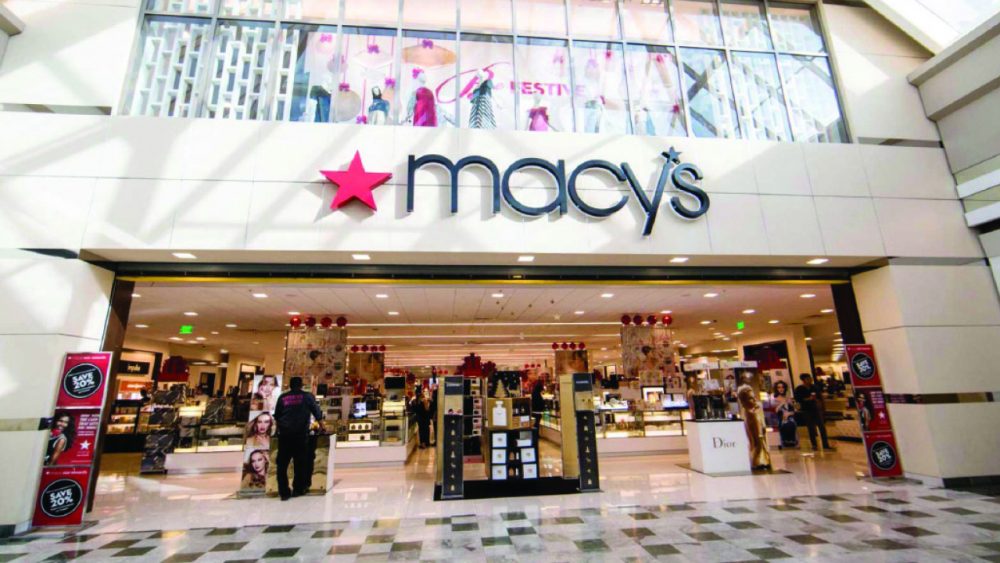Increasing Market Forces
The franchise model in the U.S. has enjoyed tremendous success with continued growth in concepts, expansion in core categories such as fitness, food and fun, and 2018 is on track to continue that trend. However, success on any level attracts a widening variety of “market forces” including but not limited to competitors slicing concepts into increasing narrow niches, government regulations that could well unseat core elements of the traditional franchise model, innovations that render concepts virtually obsolete, and continuing pressure on figuring out how to communicate across customers, employees and franchisees in the dizzying digital World.
This will require stronger leadership, management teams and a more intimate understanding of the franchise model to navigate these increasingly choppy waters. Only those concepts that are forward-thinking and make the right moves will thrive; those that tread water may survive but clearly there will be some left behind, clinging to a remnant of franchisees.
The most significant challenge may well be regulatory on several fronts including increasing discussion on reigning in the broker networks, continued dialogue around joint-employer issues and the continued burgeoning “mega-multi’s” gobbling up large swaths of the market as they aggregate markets. They are expanding their portfolios of concepts and venturing into the franchisor ranks, which may attract more interest by governmental agencies.
The Evaporating Employment Pool
At the franchisee level the most chronic issue facing most is the ability to field a team, especially at the highest levels of performance. The ready workforce past generations relied on are opting for a new approach to “work” with increasing variations of self-employment, work from home or virtually anywhere formats, and dynamic compensation plans leading the way.
Franchisors struggle to support their networks adequately, fearing concerns with the independent contractor status if they foray too deeply into the franchisees employment activities. Franchisees are seeking more local support to not only attract but to retain a competent staff, yet many fail to “get in the conversation” this generation is having about what they choose to do to earn money. They don’t compartmentalize their personal life from their work life like past generations.
For them it’s a “mash up” where they need to connect with the purpose of the business, not just collect a paycheck. Due these continuing challenges, franchise concepts that have low demands for employees are gaining steam. InXpress, an international shipping logistics franchise is certainly benefiting from this trend.
As CEO of the Americas, Dustin Hansen states, “Our model is growing rapidly because people want a franchise with more independence and the ability to work when they want and how they want. Our franchises have no territory restrictions, generally work from a home office and can grow to a very significant size if they want to put in the time and leverage their networks”.
Likewise, franchises that appeal to more than selling goods or providing services but are integrally connected to the communities they serve are founding success on the employment front. Steven Vaughan, a technician for a Zerorez franchisee feels like he’s making a difference. “Zerorez cleans carpet without harsh chemicals, so it actually removes contaminants that may have been left behind by others. I have a young daughter now and I don’t want her crawling around on flooring that might not be healthy. I know when I leave a customer’s home they are living in a cleaner living environment”.
Differentiation is Critical
It is essential that franchise concepts find a way to stand out amongst the crowd. “Me too” in franchising typically means “invisible” as consumers are seeking an experience more than a product or service.
Jeff Bezos, the founder of Amazon and the wealthiest man in the world said in 2011, “We don’t think of the Kindle Fire as a tablet. We think of it as a service.”
Yet, many in the franchise sector are still grappling with what they do, not what customers can do, and this is where most could find their separation. Also, it’s increasingly important to engage your franchise networks more productively, not relying on the tired Franchise Advisory Council model of advocacy but focusing on peer-to-peer engagement and deeper social connections.
In many franchise networks, the franchisees truly hold the key to faster, cheaper and better methods of operations, marketing and customer engagement. Franchisors will need to mine their systems more intently to unlock these hidden benefits, like finding “Rembrandt’s in the Attic”. And, it is a stealthy approach unforeseen by competitors, and it can impact franchise sales, customer sales and the overall health of the network.
An Increasingly Social Environment
Whether as a franchisee, staffer at a franchise company, a crew member of a local franchise or a customer, the trend is increasingly “social”. For decades we’ve been willing to separate our work, our patronage and our purpose and it worked, but it’s not working as well anymore.
Our regional malls are transforming “as we speak” from retails turnstiles into gathering places for fun, entertainment and interaction where society can connect on increasingly integrated levels. The Starbuck’s lounge has expanded to doctor’s offices, hair salons and pet resorts where folks with a common affinity gather and socialize. The Wag N Wash concept is a good example.
Franchising must continue to press the forefront of socialization, giving people a reason to gather, not just shop or buy. And franchising is perfectly poised to benefit from this trend given each franchise is in many cases a locally owned and operated small business. It used to be about the signage and the brand, but it is moving towards being more about the local owner and the environment they create.
This is good news for franchisees who don’t just fly the franchise flag but truly embrace their communities. Their mantra should be “local and social”, not corporate or institutional, and franchisors need to encourage and support each franchisees ability to be truly independent and reflect their local marketplace.
Rising Above the Ordinary
Franchising success in the U.S. will likely continue well into 2018 unless Franchisor’s fail to pay close attention to prevailing market forces, don’t collaborate more deeply with their franchise networks on closing the chronic employment gap, and figure how to separate themselves from the pack more clearly with a focus on “social and local”. Franchise systems that do it effectively in 2018 will rise above the ordinary.








Comments are closed.